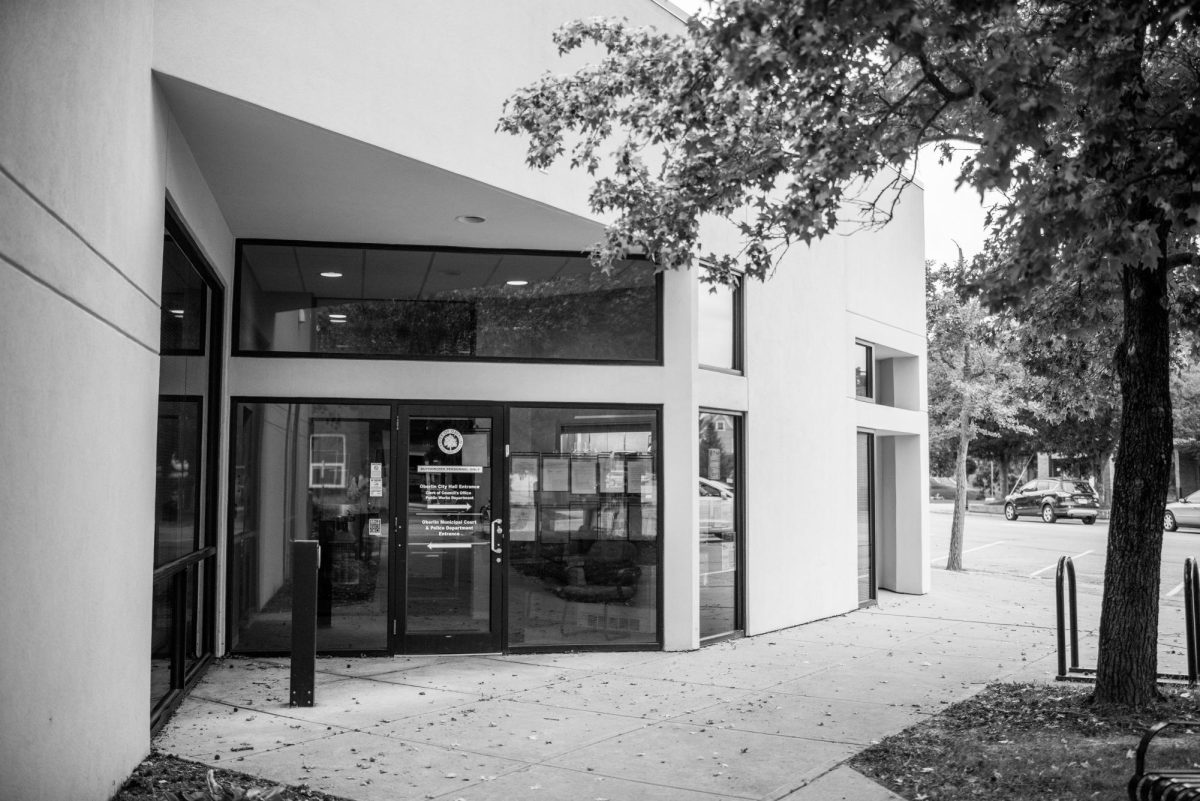Walking around Oberlin in early fall, there is one thing you are bound to see eventually — a voter registration stand. These are often run by people living in the town, with the goal of getting Oberlin students from majority democratic states, namely New York and California, to register to vote in Ohio. For many liberal-minded Oberlin students, this choice is a no-brainer. Why vote in a widely blue state when they could vote in Ohio, a notable battleground state? As a student from Pennsylvania, this was never a decision I had to make: the choice to vote at home was easy. Pennsylvania has swung differently in the last few elections, and we’ve recently had close senatorial and gubernatorial races. When I first got to Oberlin, that was all I thought about — the big ticket races that influence national politics. Last year, I enthusiastically encouraged my friends from California to register in Oberlin. After all, why not vote somewhere it counts?
This year, however, after witnessing the relationship between the town and College, my perspective has changed, albeit not completely. I still believe it is good for Oberlin students to vote in Ohio, but I don’t believe we should be voting in local elections. It is commonly understood that our relationship with the town is, in many ways, strained. Oberlin students aren’t involved much in the town, apart from going to restaurants and stores, and, occasionally, getting library cards. We don’t have a significant investment in the City of Oberlin, or Lorain County as a whole. We don’t know the people who live here, and we don’t make an effort to do so. Although there are initiatives to have students get involved in the broader community, I think it is fair to suggest that Oberlin students are disconnected from the town of Oberlin.
In the long term, as well, the lives of Oberlin students are not heavily impacted by the town’s politics, as the vast majority of students graduate in four to six years. Although some students do stay here, the majority do not see the enduring effects of how they choose to vote, a privilege the permanent citizens of the town do not share. Long term, our personal lives aren’t affected by local politics.
We also don’t have roots in the town. Over the past year, I’ve realized that one of the reasons I appreciate voting at home is, even though I don’t live in Pennsylvania for the majority of my year anymore, my family and friends do. My community stays where I grew up even if I did not. I have roots there, and those people are directly affected by the ways I choose to fill out my ballot, even if I am not. For students voting in Oberlin, however, this often isn’t the case. Students don’t have the connection to a larger community to consider when casting their vote in the town of Oberlin.
To me, this is the greater issue. Sure, the immediate town of Oberlin is quite liberal, but walk a bit more than a mile away and the political atmosphere changes significantly. As many students don’t venture far from campus and the center of town, they don’t ever interact with a population that doesn’t share the same political viewpoints. And my question is this: who are we, a mostly rich, liberal, elite, to be making decisions for the local population? In the long run, what students believe is best isn’t going to influence us. It will influence the people that live in Oberlin and, more importantly, have a community rooted here.
The other fundamental issue, from my perspective, with Oberlin students voting in Oberlin’s and Lorain County’s local elections is the lack of knowledge we tend to possess about these elections. It is true that it is relatively easy to educate oneself on the candidates, but without a motivation — which in this case is the community and personal investment — there is not much reason to truly learn about the candidates. That is to say, it is much easier to vote simply along party lines. I don’t mean to say that there is no effort to encourage students to understand better local politics — the Review has published voters guides to elections — but more so that students may not feel a responsibility to do so.
Ultimately, I believe that, until Oberlin College students have more of a connection with the broader community, we shouldn’t be voting in local elections. I’m not saying that we shouldn’t vote in Ohio — I strongly believe that we should be voting in larger-scale elections like senate races, governor races, and statewide referendums, as these can influence not just us but our nation as a whole. But maybe those from blue states that do choose to register here should fill out those parts of the ballot and leave everything else blank. If you decide to vote in Oberlin’s local elections, I think it is inexcusable to do so without educating yourself first. So, going into this election season, I urge all students registered to vote in Oberlin to reconsider where it is right to exert your political influence.




